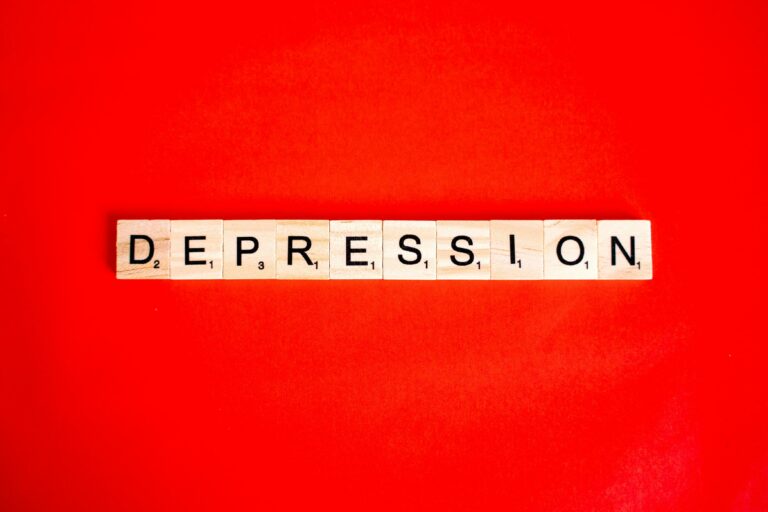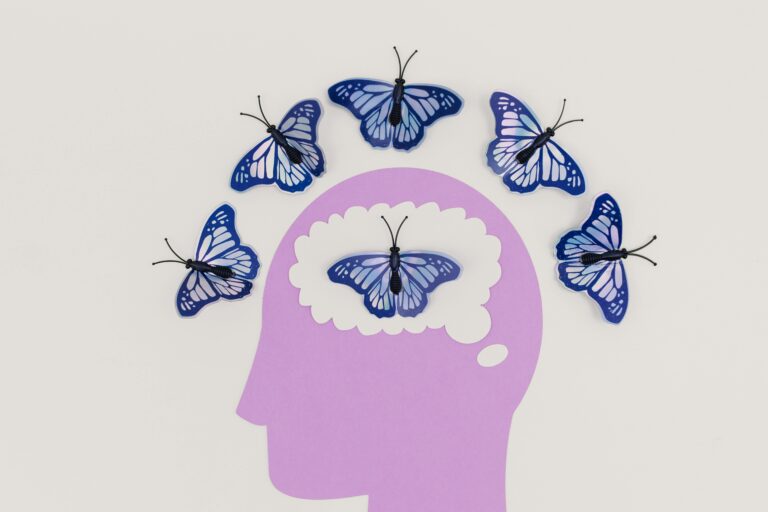Binge eating is a serious and widespread issue affecting individuals of all ages and backgrounds. Characterized by consuming excessive amounts of food in a short time, it often leaves individuals feeling guilty, ashamed, or out of control.
Unlike occasional overeating, binge eating is a recurring behavior that may indicate a more profound struggle with emotions or mental health. Overcoming binge eating is essential for improving one’s physical health, emotional well-being, and quality of life.
This article explores effective ways on how to overcome binge eating and work toward lasting recovery.
Understanding Binge Eating

Binge eating involves eating unusually large amounts of food within a specific time frame, often accompanied by a sense of loss of control. Unlike other eating patterns, it is driven by emotional or psychological triggers rather than physical hunger. Episodes typically occur in private, leading to feelings of shame or isolation afterward.
Occasional overeating, such as indulging during holidays, is not the same as binge eating. In binge eating disorder (BED), episodes are frequent, and the emotional toll is significant. It is essential to understand the distinction, as binge eating requires specific coping strategies and, in some cases, professional intervention.
Common Triggers of Binge Eating
Binge eating often stems from a combination of emotional, psychological, and environmental factors. Emotional triggers, such as stress, sadness, or loneliness, play a major role. Food can act as a temporary escape from these emotions, leading to overeating. Psychological factors, including low self-esteem and perfectionism, can also contribute.
Unhealthy dieting patterns are another common trigger. Restrictive diets may lead to physical deprivation, causing intense cravings that culminate in binge episodes.
Additionally, environmental triggers like easy access to high-calorie foods or negative body image perceptions can intensify the behavior.
Root Causes of Binge Eating
Understanding the underlying causes is crucial to overcoming binge eating. Emotional stress is often at the core, with individuals using food to cope with unresolved feelings or trauma. Negative self-image and dissatisfaction with one’s body can create a vicious cycle of dieting, binging, and guilt. Moreover, societal pressures to achieve unrealistic body standards often exacerbate the problem.
Read More
How To Overcome Fear Of Driving
7 Traits of a Good Man

Strategies to Overcome Binge Eating
Binge eating recovery requires a combination of self-help strategies, lifestyle changes, and sometimes professional guidance. Implementing the following steps can help individuals regain control over their eating habits and emotional health.
Develop a Healthy Relationship with Food
Establishing a balanced and non-restrictive approach to food is a foundational step in overcoming binge eating. Avoiding restrictive diets is essential, as extreme calorie-cutting often leads to feelings of deprivation. Instead, focus on eating a variety of nutritious foods in appropriate portions.
Mindful eating is another powerful tool. This practice involves paying close attention to hunger and fullness cues, savoring each bite, and eating without distractions.
By slowing down and being present during meals, individuals can reconnect with their body’s natural hunger signals and reduce impulsive overeating.
Identify and Manage Emotional Triggers
Since emotional distress is a significant driver of binge eating, addressing these triggers is a vital part of recovery. Keeping a food and mood journal can help individuals recognize patterns between emotions and binge episodes. Once triggers are identified, alternative coping mechanisms can be implemented.
For instance, when stress strikes, activities like yoga, meditation, or deep breathing exercises can help manage emotions without resorting to food. Seeking therapy is also highly effective, especially cognitive-behavioral therapy (CBT), which focuses on changing thought patterns and behaviors linked to binge eating.
Build a Support System
Recovery is much easier with the right support network. Sharing struggles with trusted friends or family members can alleviate feelings of isolation. Having someone to provide encouragement and accountability makes it easier to stay on track.
Support groups, whether in-person or online, are also invaluable. Connecting with others who have faced similar challenges fosters understanding and mutual motivation. Knowing that you’re not alone can significantly boost resilience during the recovery process.
Establish Consistent Routines
Creating consistent meal routines helps prevent extreme hunger, which is often a precursor to binge episodes. Skipping meals or going too long without eating can lead to a heightened desire for unhealthy, high-calorie foods. Instead, aim to eat balanced meals and snacks at regular intervals throughout the day.
In addition to meal timing, incorporating regular physical activity into daily life can also support recovery. Exercise not only improves physical health but also helps manage stress and improve mood, reducing the emotional triggers associated with binge eating.
Practice Self-Compassion and Patience
Recovery from binge eating is not linear, and setbacks are normal. Practicing self-compassion can make a significant difference in how individuals approach their journey. Rather than criticizing oneself after a binge episode, acknowledge it as part of the process and focus on moving forward.
Patience is key, as it takes time to unlearn unhealthy habits and establish healthier ones. Celebrate small victories along the way, and remind yourself that progress, not perfection, is the ultimate goal.
Benefits of Overcoming Binge Eating
Addressing binge eating goes beyond managing eating habits; it transforms physical health, mental well-being, and overall quality of life. When individuals overcome binge eating, they experience numerous benefits that create a foundation for a healthier lifestyle.
Improved Physical Health
Binge eating often leads to excessive weight gain, digestive issues, and an increased risk of chronic illnesses such as diabetes, heart disease, and high blood pressure. By overcoming binge eating, individuals can adopt healthier eating patterns, which lead to better weight management and improved physical health.
Consuming balanced meals regularly provides the body with essential nutrients, resulting in increased energy and vitality.
Enhanced Mental Well-being
Breaking free from the cycle of binge eating significantly reduces feelings of guilt, shame, and anxiety.
Individuals develop a sense of control over their eating habits, which boosts self-esteem and confidence. Mental clarity improves as emotional distress related to food diminishes, making it easier to focus on personal and professional goals.
Stronger Social Connections
Overcoming binge eating can also enhance social relationships. Many individuals with binge eating tendencies isolate themselves due to embarrassment or fear of judgment.
Recovery enables them to engage more openly in social activities and build meaningful connections without the burden of secrecy or shame.
Mistakes to Avoid When Overcoming Binge Eating

While the journey to overcome binge eating is rewarding, it’s crucial to avoid common pitfalls that can hinder progress. Being mindful of these mistakes ensures a smoother recovery process.
Pushing Yourself Too Hard
Recovery from binge eating takes time and patience. Trying to eliminate the behavior overnight can lead to frustration and burnout. Instead of striving for immediate perfection, focus on gradual changes and celebrate small victories along the way.
Avoiding Professional Help
Many individuals attempt to overcome binge eating alone, underestimating the benefits of professional support. Therapists, dietitians, and support groups can provide valuable tools and guidance tailored to individual needs.
Skipping professional help may prolong the recovery process or lead to incomplete healing.
Comparing Yourself to Others
Each person’s recovery journey is unique. Comparing progress with others can lead to unnecessary pressure and feelings of inadequacy. It’s essential to focus on personal growth and recognize that everyone moves at their own pace.
Using Restrictive Diets
One of the biggest mistakes is resorting to restrictive diets as a way to control binge eating. These diets often backfire by increasing cravings and feelings of deprivation, ultimately triggering more binge episodes. Opt for balanced and sustainable eating habits instead.
Conclusion
Binge eating can be a challenging cycle to break, but recovery is possible with the right strategies, mindset, and support. The journey to overcome binge eating transforms physical health, emotional well-being, and self-confidence, paving the way for a healthier and more fulfilling life.
By understanding the triggers, addressing emotional factors, and implementing expert-recommended tips, individuals can regain control over their eating habits and achieve long-term recovery.
With consistent effort, patience, and self-compassion, overcoming binge eating becomes a realistic and attainable goal. Whether through mindful eating, therapy, or building a supportive network, each step brings individuals closer to a life free from the struggles of binge eating.






